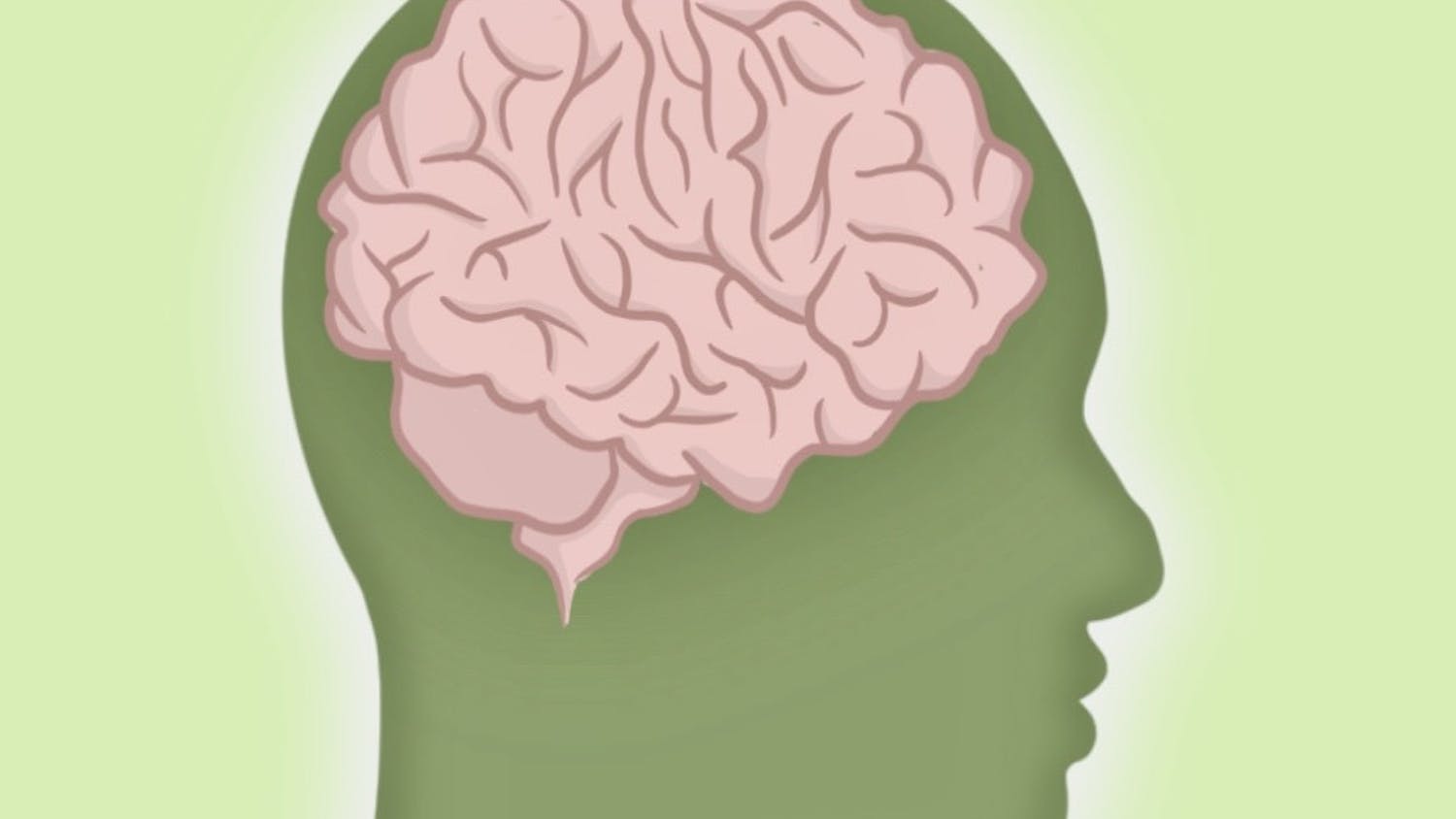UF researchers found a beneficial bacteria in breast-fed babies that can possibly protect them from an intestinal disease.
The study, conducted on mice, protected the newborn rodents from necrotizing enterocolitis, a disease that also affects premature infants, said Mansour Mohamadzadeh, a UF professor in the Department of Infectious Diseases and Immunology.
The bacterium passed from the mother during breastfeeding reduces inflammation that leads to the disease. Necrotizing enterocolitis destroys intestinal tissue and kills 20 to 30 percent of premature infants who contract it.
Mohamadzadeh said researchers collected gut microorganisms from 40 premature infants who received breast milk and who received baby formula.
“The premature babies who got breast milk had substantially more of a strain of beneficial bacteria,” Mohamadzadeh said.
When human gut microorganisms were transplanted in mice models, it showed the microbes from breast-fed babies increased the number of infection-fighting cells, limiting inflammation.
Similar results were found when the beneficial bacteria were tested against listeria, a disease-causing bacteria that affects pregnant women, infants and the elderly, Mohamadzadeh said. Listeriosis can cause miscarriage or newborn death.
“This is important because this is a bacterium that can be used as a beneficial bacterium that may significantly reduce the inflammation in man,” Mohamadzadeh said.





